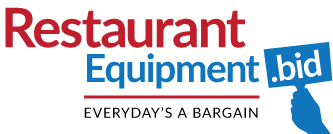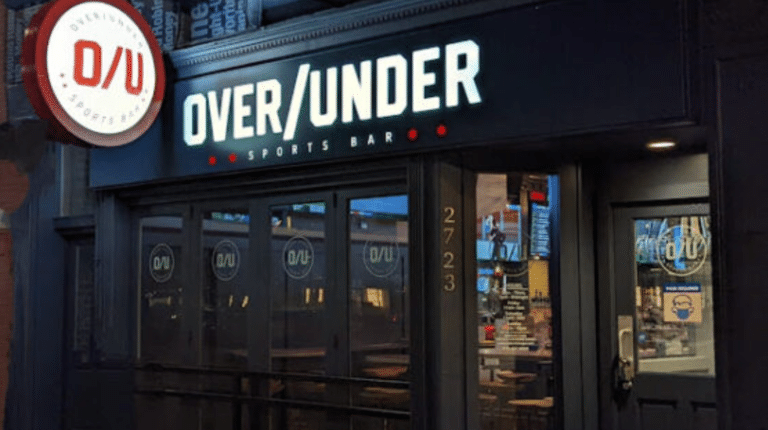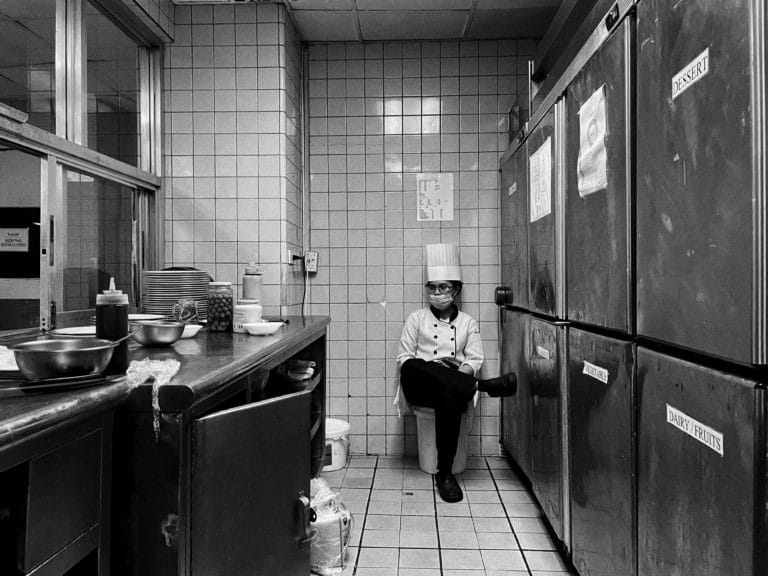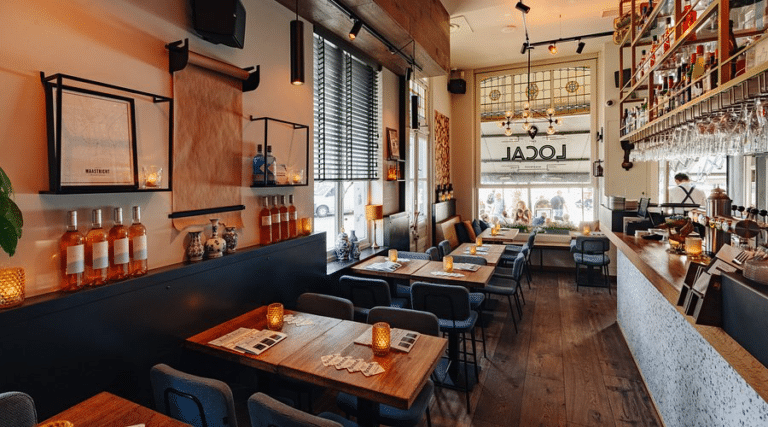The Smart Restaurateur’s Secret: Saving 40–70% on Equipment Through Auctions
The Smart Restaurateur’s Secret: Saving 40–70% on Equipment Through Auctions
For any restaurant owner, the kitchen is the heart of the business—but it’s also the biggest drain on capital. Outfitting a commercial kitchen with brand-new equipment can easily exceed $300,000, a staggering figure for startups or expanding chains. However, savvy operators are increasingly turning to the secondary market. By leveraging restaurant equipment auctions, businesses are…
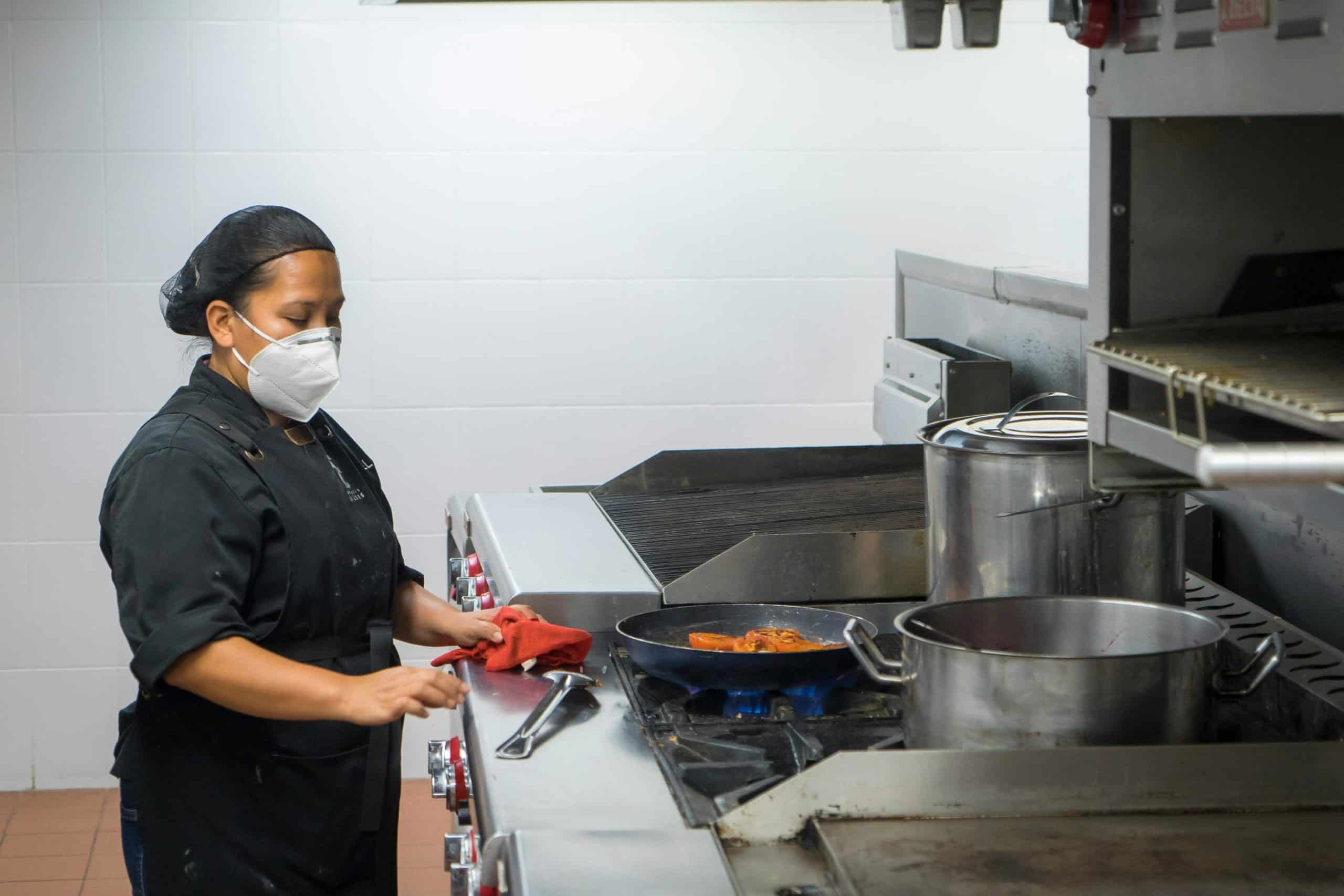
The Smart Restaurateur’s Secret: Saving 40–70% on Equipment Through Auctions
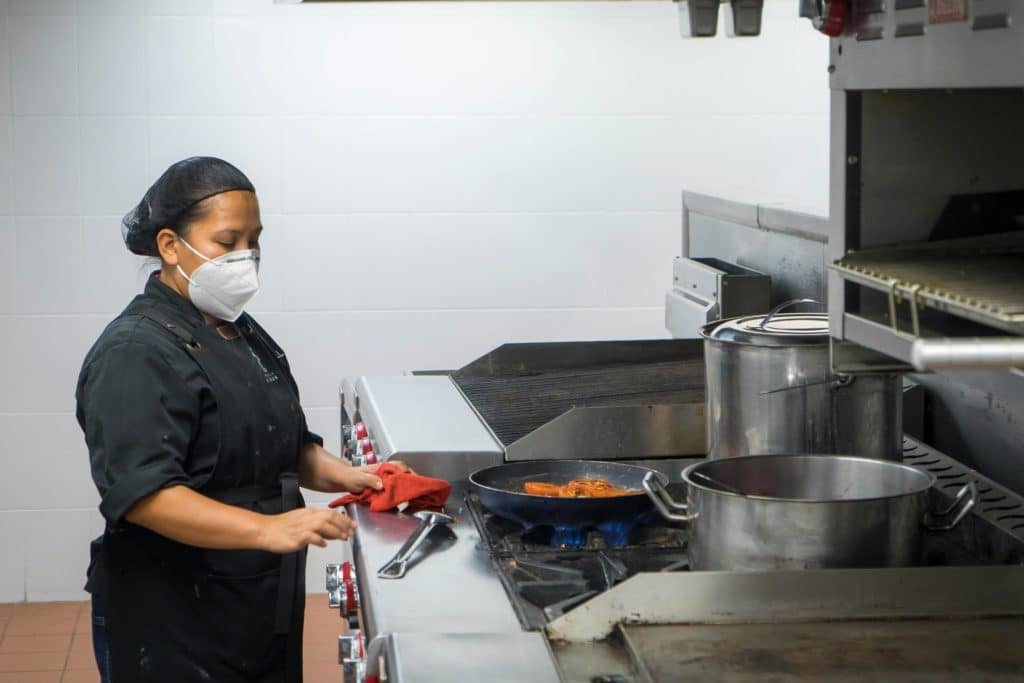
For any restaurant owner, the kitchen is the heart of the business—but it’s also the biggest drain on capital. Outfitting a commercial kitchen with brand-new equipment can easily exceed $300,000, a staggering figure for startups or expanding chains.
However, savvy operators are increasingly turning to the secondary market. By leveraging restaurant equipment auctions, businesses are regularly securing high-end, professional-grade gear for 40% to 70% less than retail prices.
Why the Savings are So Significant
The restaurant industry, while stabilizing, still experiences a high volume of turnover and “retooling.” According to recent industry data, while first-year survival rates are improving, the sheer number of operational shifts—from brand refreshes to ghost kitchen transitions—creates a steady stream of “gently used” assets.
- Avoid the “New Car” Effect: Much like a luxury vehicle, commercial equipment depreciates the moment it leaves the showroom. An oven that costs $15,000 new may sell for $6,000 at auction, despite only being in service for 18 months.
- The Rise of Warehouse Auctions: In 2025, warehouse auctions became the “gold standard” for buyers. Unlike individual restaurant liquidations, warehouse sales often feature dealer surplus and refurbished items that have never faced the rigors of a 24/7 kitchen.
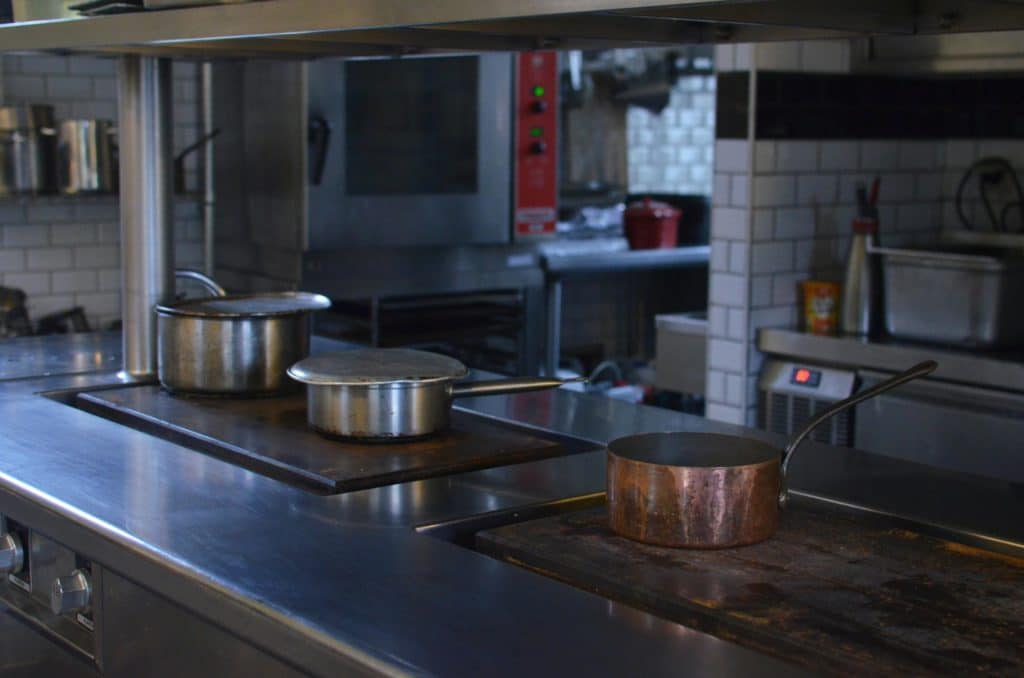
Capital Allocation: What 50% Savings Actually Buys You
When you save $50,000 on a refrigeration suite or a cookline, that money doesn’t just sit in the bank. It becomes working capital—the lifeblood of a new restaurant.
- Marketing Sprints: Reallocate equipment savings into a 3-month digital marketing campaign.
- Staff Retention: Fund higher competitive wages for your “Opening Team” to reduce turnover.
- Stability Reserve: Maintain a 90-day cash cushion for utilities and unforeseen repairs.
Pro Tip: Experts recommend allocating 10–15% of your auction savings into a “stability fund” to cover the maintenance of used units, ensuring your total cost of ownership remains low.
The Sustainability Bonus
Beyond the balance sheet, buying at auction is a core tenet of the Circular Economy. By repurposing functional assets, restaurants reduce landfill waste and lower the carbon footprint associated with manufacturing new heavy machinery.
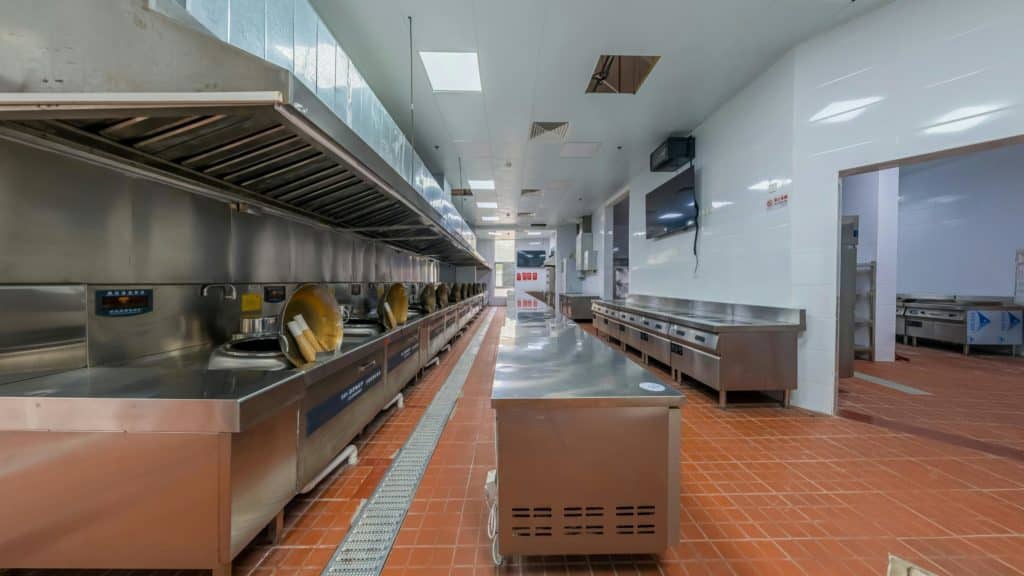
How to Buy Like a Pro
- Measure Twice, Bid Once: Auction sales are typically final. Ensure the unit fits your footprint and your local compliance and safety standards.
- Focus on “Blue Chip” Brands: Manufacturers like Hobart, True, and Vulcan hold their value because they are built to last decades.
- Check for “Scratch and Dent”: Some auctions feature “Outlet” items—new equipment with minor cosmetic damage that still carries a factory warranty.
Related posts

